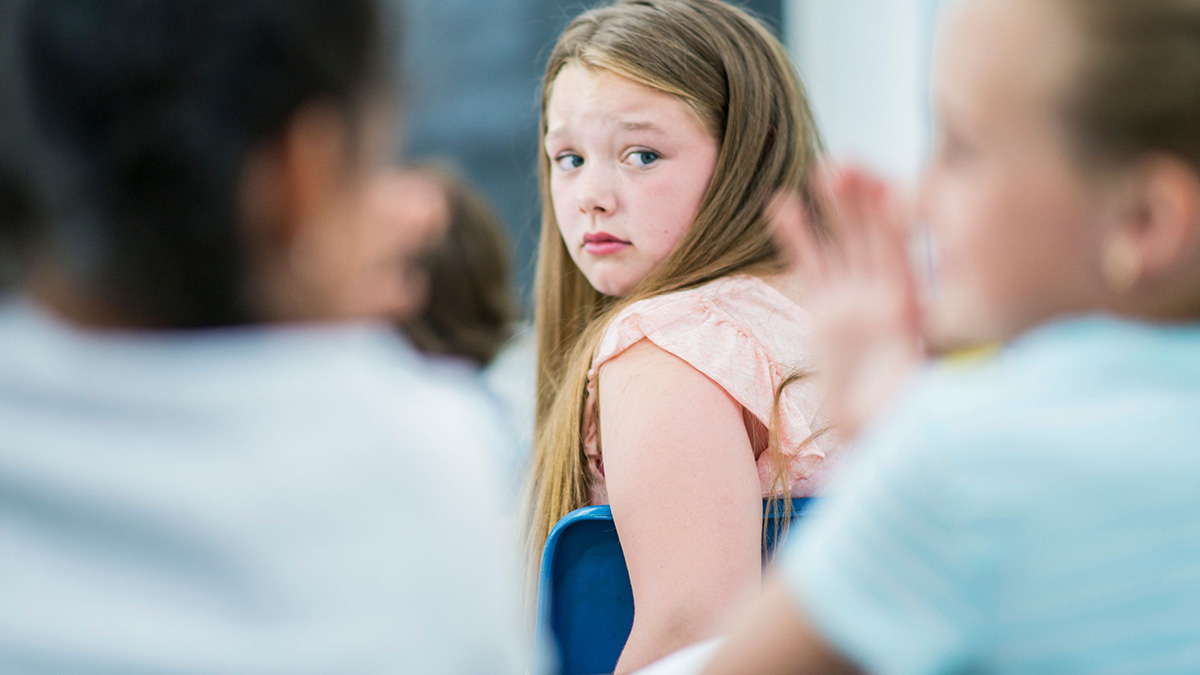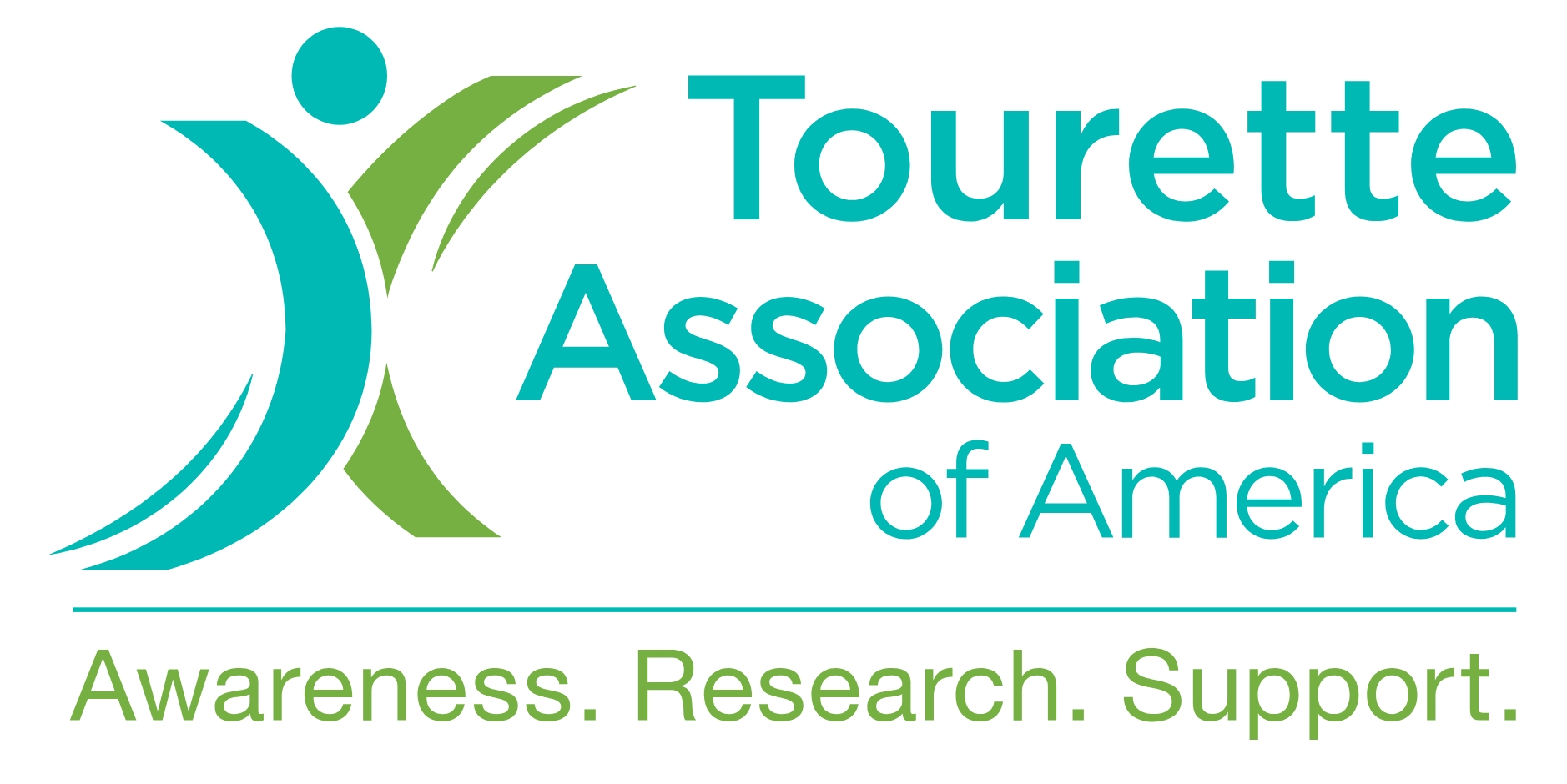Key points
- Children with Tourette syndrome (TS) experience more bullying than children without TS.
- Bullying is unwanted, agressive behavior that is repeated or has the potential to be repeated.
- Bullying can cause serious, lasting problems for children.
- Laws and other resources help protect children from bullying.

Overview
Bullying doesn't just happen to the smallest kid in the class. Children who bully others target those who seem to be less powerful or not as strong. Children who bully others also often target those who seem "different." Children with TS experience more bullying than children without TS. Children with TS also may experience being treated differently by teachers and other adults.1 It is important to understand the effects of bullying, a child’s legal right not to be bullied, and where to find additional resources.

What is bullying?
Bullying is unwanted, aggressive behavior that involves a real or perceived imbalance of power. The aggressive behavior is repeated, or has the potential to be repeated, over time.
Bullying can happen in different ways
- Bullying can be physical, involving hitting or attacking another person or their possessions.
- Bullying also can come in the form of verbal aggression, including teasing, name calling, verbal threats, inappropriate sexual comments, taunting, putting someone down, and threatening to cause harm.
- Bullying can also come in the form of social aggression, which involves hurting someone's reputation or relationships. Social bullying can include leaving someone out on purpose, declaring them as different, telling other children not to be friends with someone, spreading rumors about someone, or embarrassing someone in public.
- Bullying can be in person, but it can also come in the form of electronic aggression (e.g., cyberbullying using the Internet or cell phones). It can include threatening, embarrassing, or insulting emails, texts, or social media posts.
Information about bullying and tips to make it stop from federal partners in bullying prevention:
Effects of bullying and ways to help
Effects on children and youth
Children and youth who are bullied are more likely than other children to:
- Be depressed, lonely, anxious
- Have low self-esteem
- Experience headaches, stomachaches, tiredness, and poor eating
- Be absent from school, dislike school, and have poorer school performance
- Think about or plan suicide
Important to know
Information about bullying and what peers, parents, teachers, and administrators can do to help:
Legal rights
There are laws to protect children from bullying by peers, school personnel, or other adults. TS is recognized as a disability in the Individuals with Disabilities Education Act (IDEA). Disability harassment is discrimination that violates Section 504 and its regulations.
Under Section 504 and Title II of the Americans with Disabilities Act, disability harassment in schools is defined as
"Intimidation or abusive behavior toward a student based on disability that creates a hostile environment by interfering with or denying a student's participation in or receipt of benefits, services, or opportunities in the institution's program. Harassing conduct may take many forms, including verbal acts and name-calling, as well as nonverbal behavior, such as graphic and written statements, or conduct that is physically threatening, harmful, or humiliating."
More resources
- Charania SN, Danielson ML, Claussen AH, Lebrun-Harris LA, Kaminski JW, Bitsko RH. Bullying Victimization and Perpetration Among US Children with and Without Tourette Syndrome. J Dev Behav Pediatr. 2022;43(1):23-31.
- Ricketts EJ, Wolicki SB, Danielson ML, et al. Academic, Interpersonal, Recreational, and Family Impairment in Children with Tourette Syndrome and Attention-Deficit/Hyperactivity Disorder. Child Psychiatry Hum Dev. 2022;53(1):3-15.






